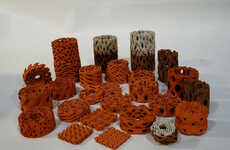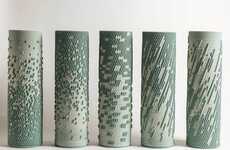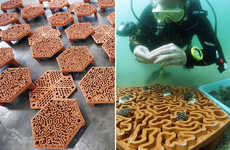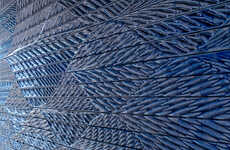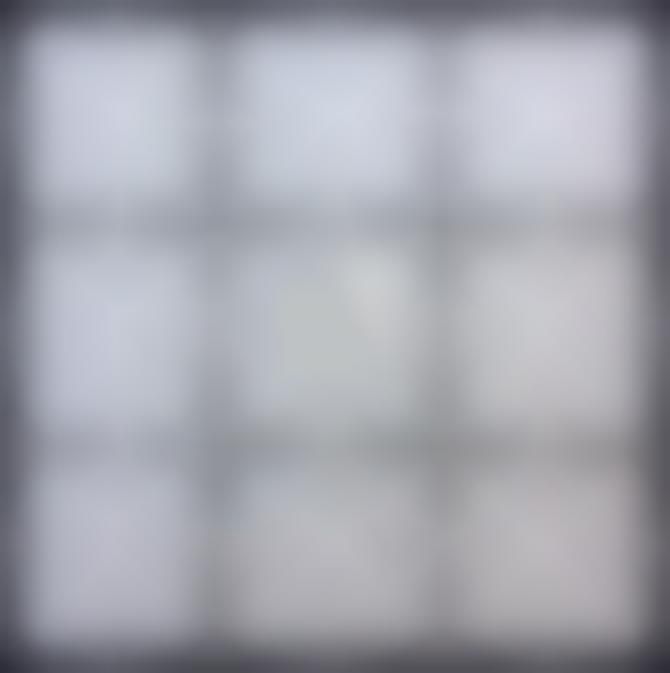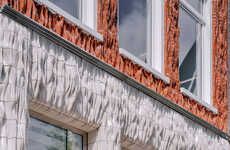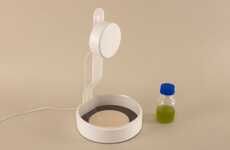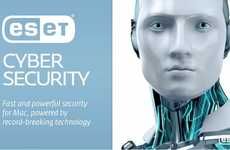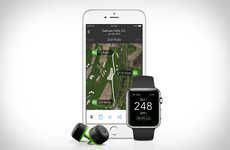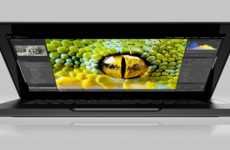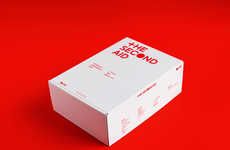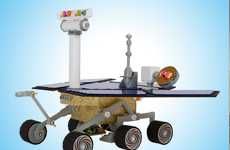
This 3D Earthquake Depiction Was Printed on a Set of Tiles
Rahul Kalvapalle — September 11, 2014 — Tech
References: dougmccune & thecreatorsproject.vice
When you hear people talk about inspiration hitting them, you usually picture someone being inspired while listening to a song or hearing somebody talk or watching someone do something phenomenal -- but for Doug McCune, inspiration literally hit hard in the form of an earthquake, leading him to create a unique 3D-printed earthquake visualization.
Following a large earthquake in the San Francisco Bay Area neighborhood, McCune downloaded tremor data from the US Geological Survey, and decided to combine his knowledge of data visualization and 3D printing.
Ustom custom-built software capable of converting two-dimensional data into a 3D model, McCune converted the earthquake's two-dimensional color-based visual representation into a 3D earthquake visualization using height -- instead of color -- to communicate intensity. The visualization was then printed onto a set of tiles arranged to represent the Bay Area.
Following a large earthquake in the San Francisco Bay Area neighborhood, McCune downloaded tremor data from the US Geological Survey, and decided to combine his knowledge of data visualization and 3D printing.
Ustom custom-built software capable of converting two-dimensional data into a 3D model, McCune converted the earthquake's two-dimensional color-based visual representation into a 3D earthquake visualization using height -- instead of color -- to communicate intensity. The visualization was then printed onto a set of tiles arranged to represent the Bay Area.
Trend Themes
1. Data Visualization - Disruptive innovation opportunity: Develop new software tools that can convert complex data into immersive 3D visualizations.
2. 3D Printing - Disruptive innovation opportunity: Create customizable 3D-printed objects that provide tactile representations of data or events.
3. Geospatial Analysis - Disruptive innovation opportunity: Combine geospatial data with advanced visualization techniques to create interactive tools for understanding natural disasters.
Industry Implications
1. Data Analytics - Disruptive innovation opportunity: Develop algorithms and software platforms that can analyze and interpret complex datasets for visual representation.
2. 3D Printing - Disruptive innovation opportunity: Expand the applications of 3D printing technology to fields such as architecture, engineering, and scientific research.
3. Environmental Science - Disruptive innovation opportunity: Use advanced geospatial analysis techniques to study and mitigate the impact of natural disasters on the environment.
2.8
Score
Popularity
Activity
Freshness

